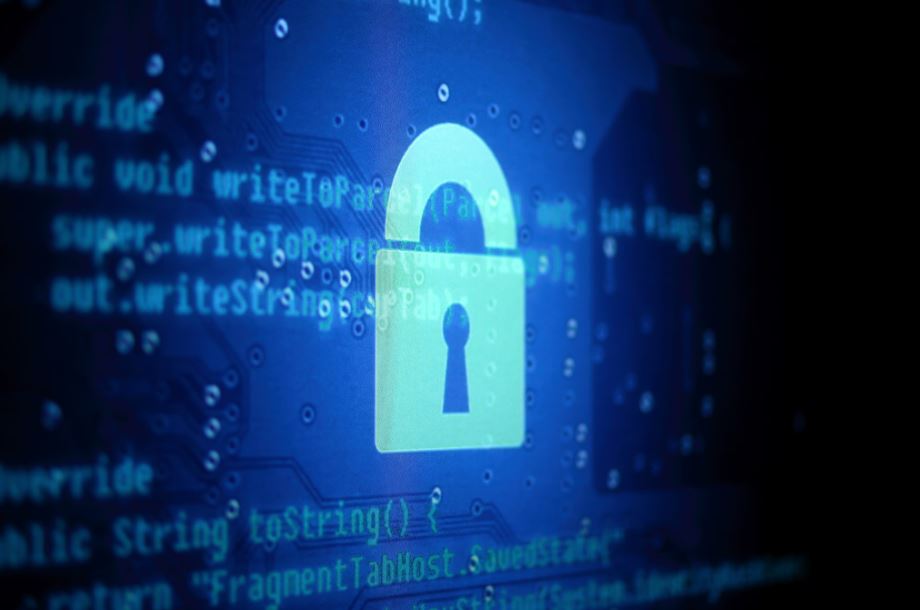
The year 2017 is shaping up to be very challenging in terms of information security, particularly at the enterprise level. To this effect, corporate information officers are evaluating the current situation in an effort to determine the steps that should be taken for the purpose of protecting business networks in the near future.
Here are five new advances being developed and implemented to counter cyber threats in the corporate world:
1 - Ransomware Countermeasures
As one of the greatest risks faced by medical facilities these days, ransomware is a major concern among security researchers who believe that attacks using this malware variant will only increase over the next few years. Some hospitals hit with ransomware have opted to pay the attackers for the purpose of regaining access to patient records, others have had the benefit of a backup and a secure EHR migration path to recovery. Countermeasures currently in place include a push-button solution that enables a securely hidden network to quickly come online and generate a concealed mirror in a remote data center
2 - Truly Strong Passwords
Improved password management may soon be a thing of the past thanks to the increased application of biometrics. Microsoft researchers have been working on various ways to augment the Windows Hello security access system with fingerprint readers or iris recognition devices; this would effectively eliminate the need for passwords.
3 - Live Security Information and Event Management (SIEM)
Being able to identify an attack the moment it starts is not limited to firewalls triggering alerts as they detect a denial of service attack. Cybersecurity experts are researching methods to apply real-time SIEM tactics through a combination of algorithms and active monitoring by humans. Analytical evaluation, machine learning, and Big Data strategies are augmenting the SIEM experience so that one day it may even predict attacks.
4 - Digitally Engineered Personalities
DEPS may sound like futuristic constructs, but they are quickly becoming a reality. A DEP can be an ultra-secure smartphone equipped with a biometrics reader and a VPN that can connect an individual to an enterprise network. Let's say the CEO of a cancer clinic is traveling when the IT manager needs the approval to set a new EHR migration path; instead of a voice call or an instant message, the CEO can activate the DEP to issue the needed approval.
5 - Protecting Against Mass Surveillance and Cyberwar
By 2020, the cyber security industry is expected to offer comprehensive solutions for surveillance operations such as the ones carried out by the United States National Security Agency on a global scale.
The advances listed herein should only represent the beginning of a larger strategy to keep corporations safe from cyber attacks. But bear in mind that no matter how good we get at protecting our data against hackers, the hackers will always be one step ahead. The only comprehensive way to protect your systems is with cyber liability insurance that will fortify you against the financial damage caused by such attacks.
Cyber insurance is often a very affordable addon to current policies. If you've ever worried about the internet turning on you, fill out the short form below and one of our experts will walk you through whether or not it would be beneficial to you.